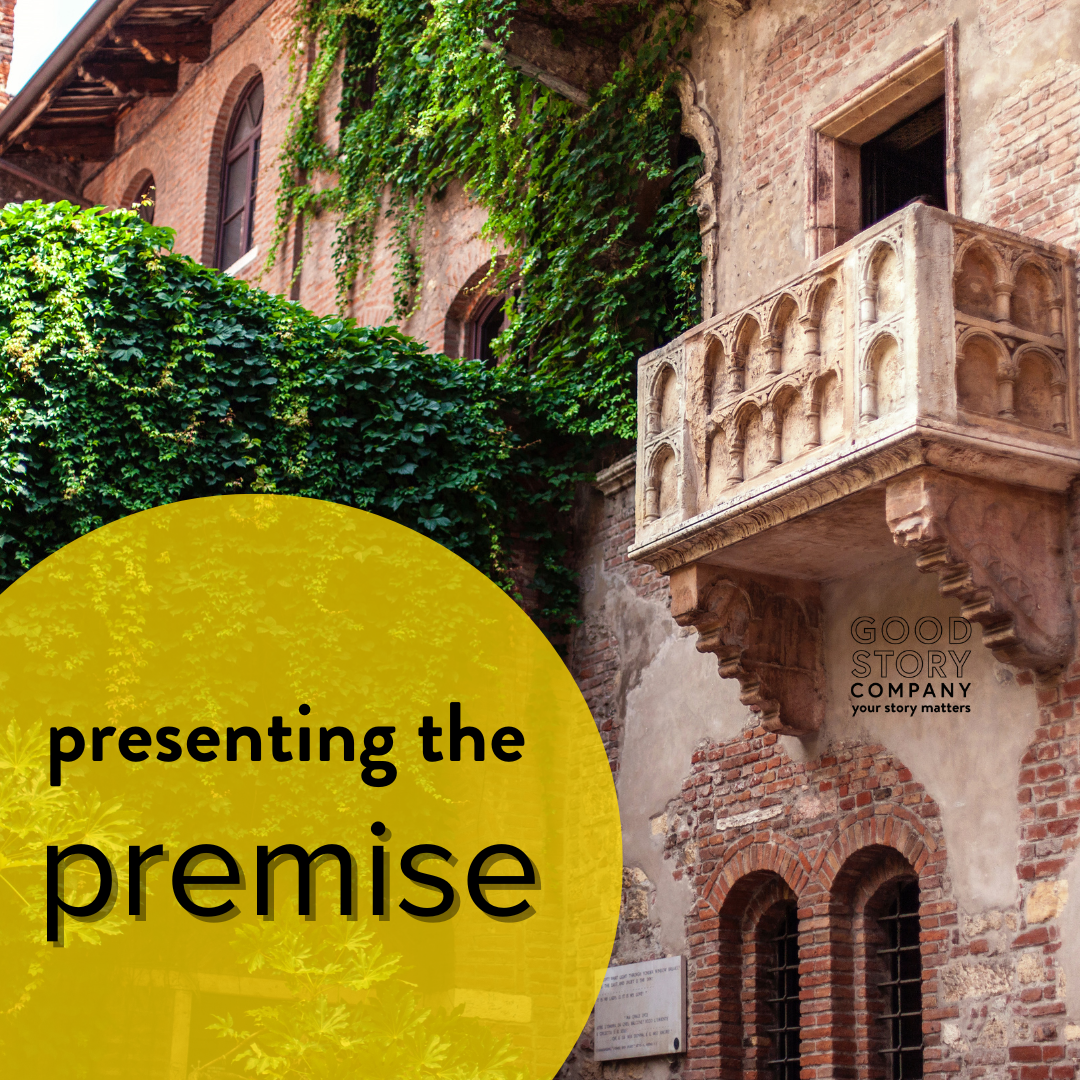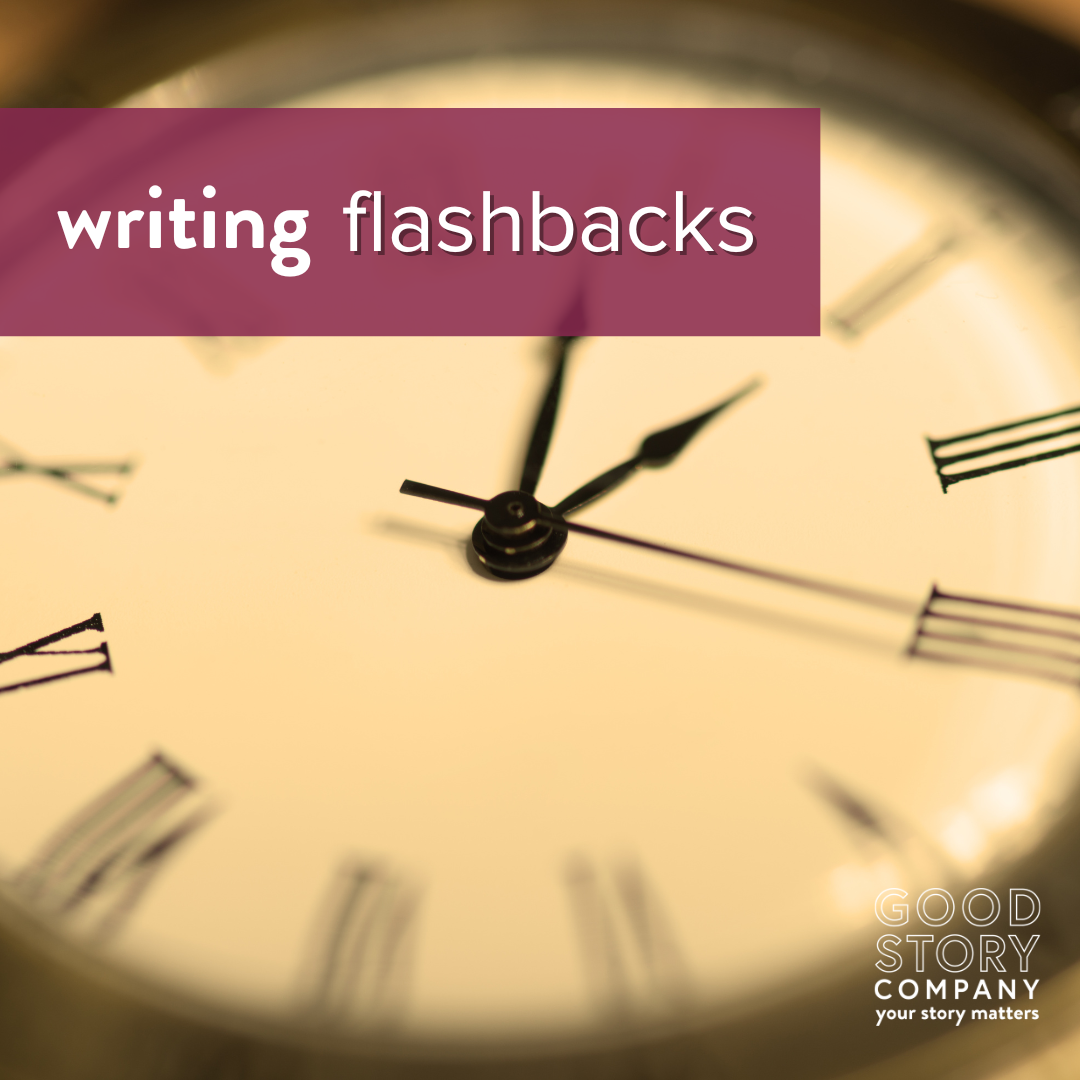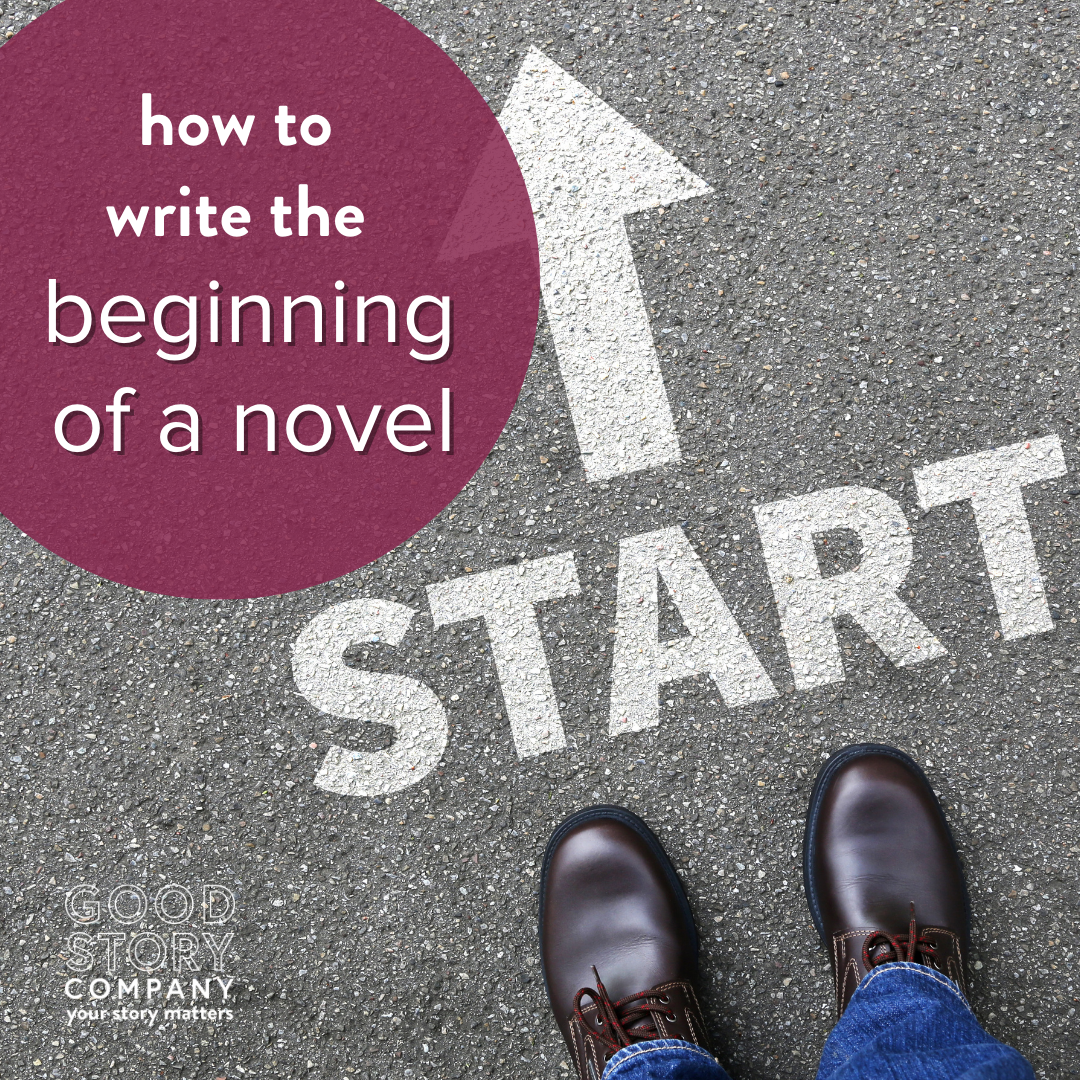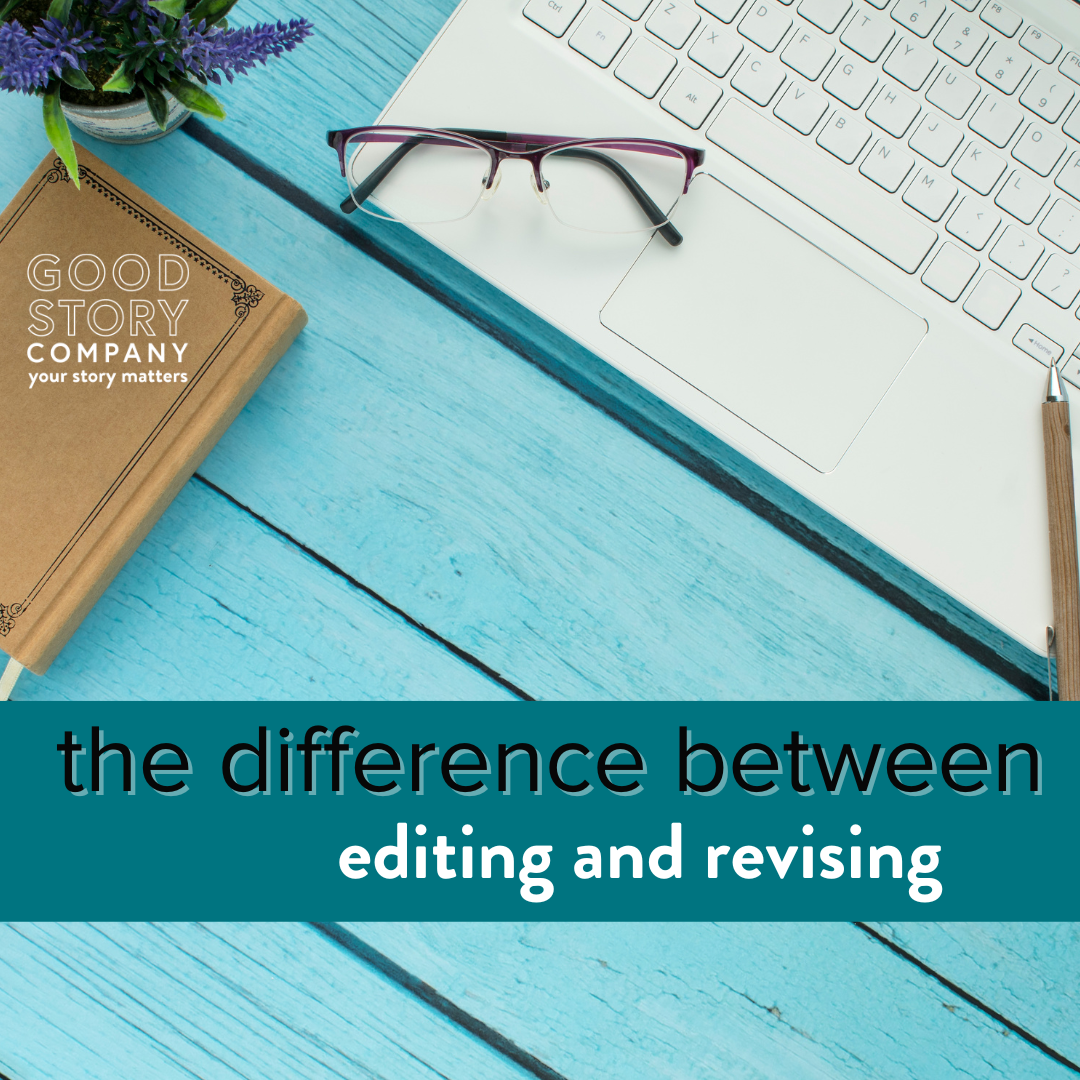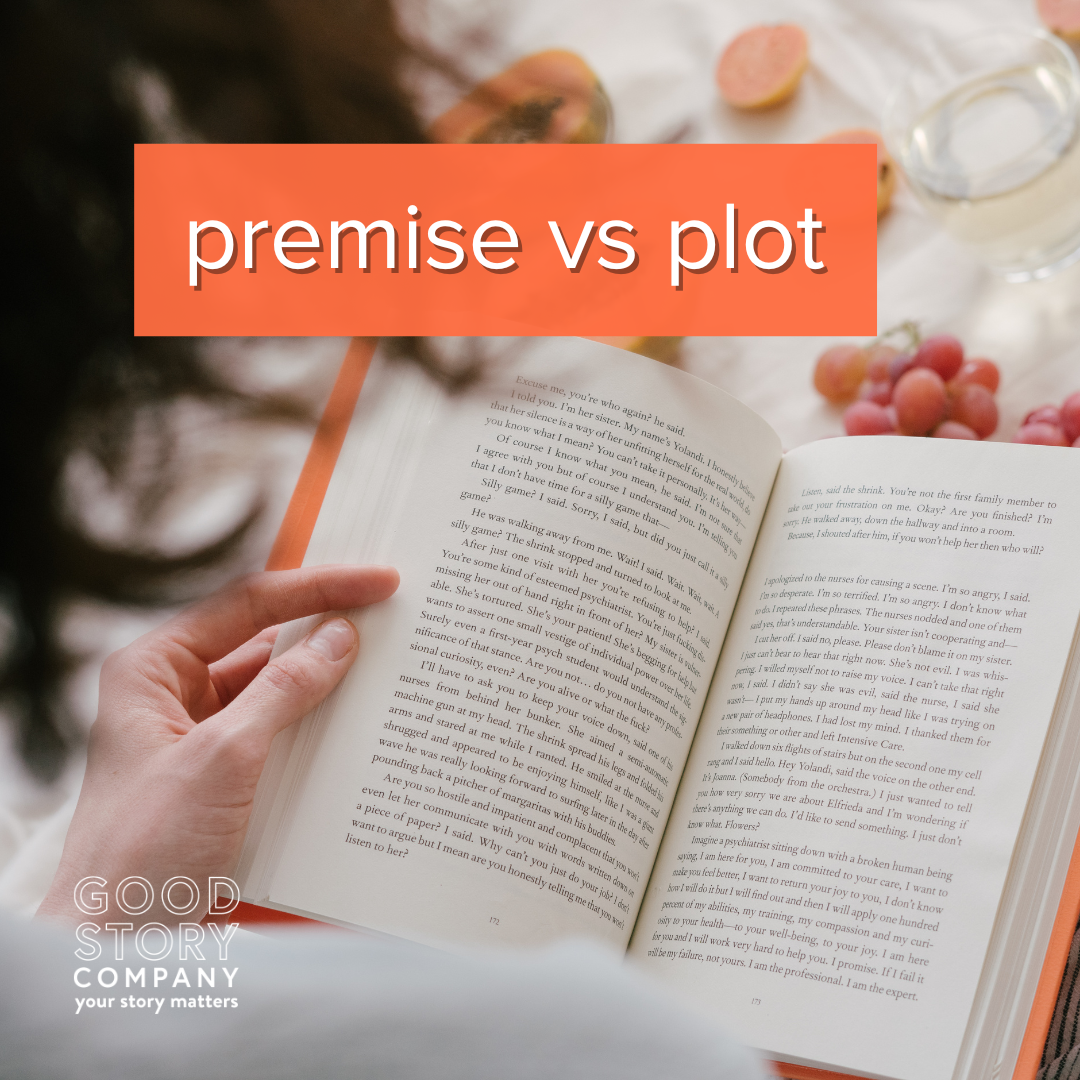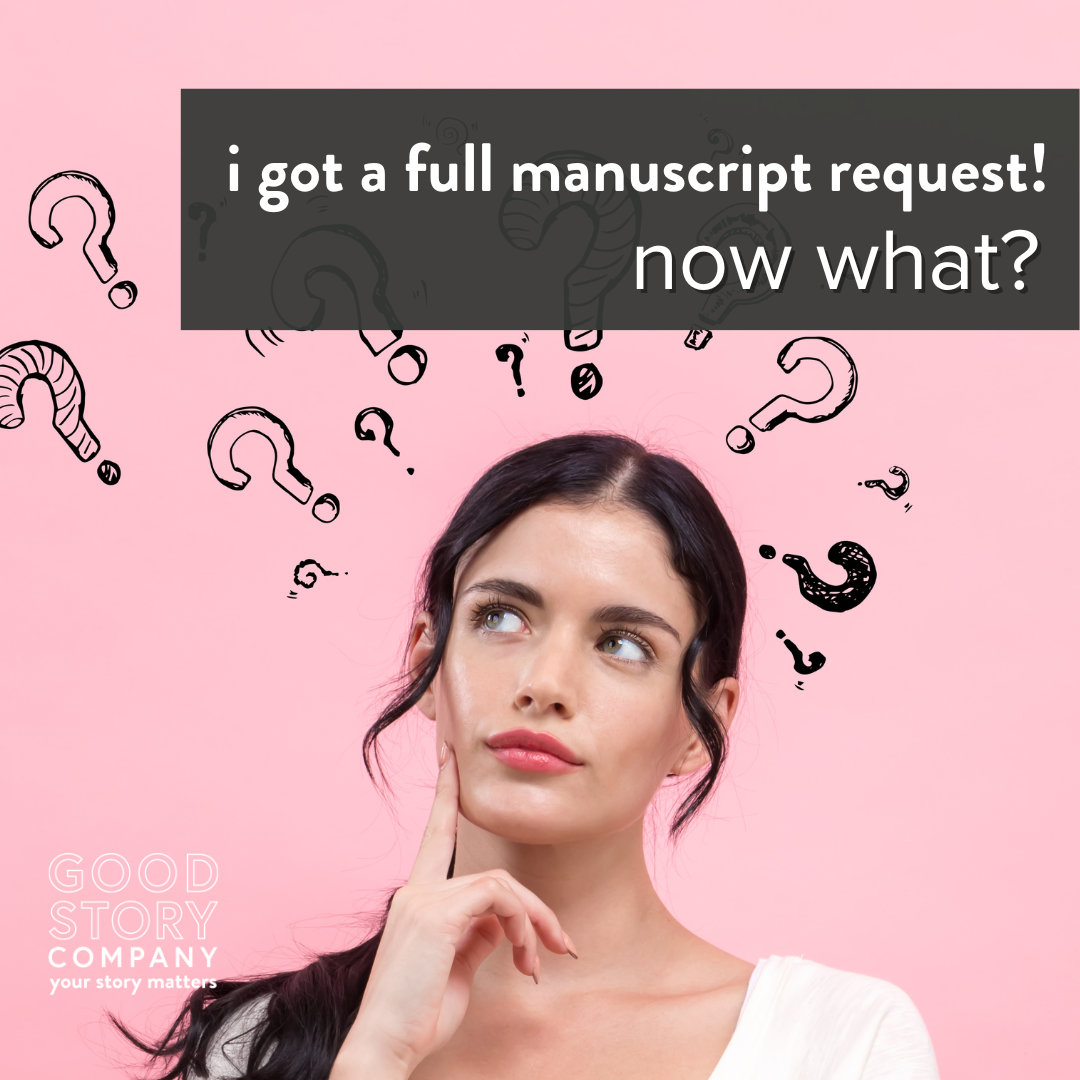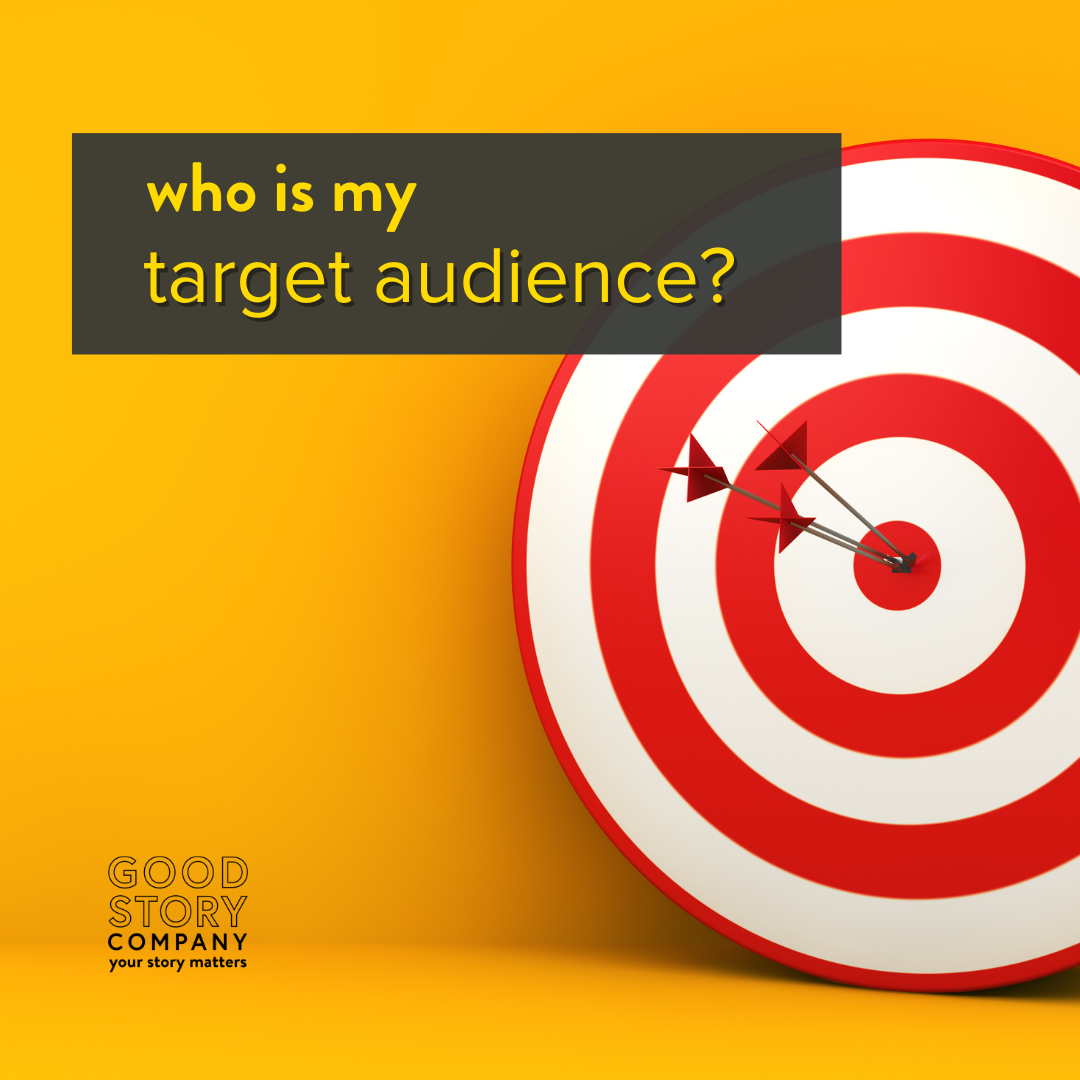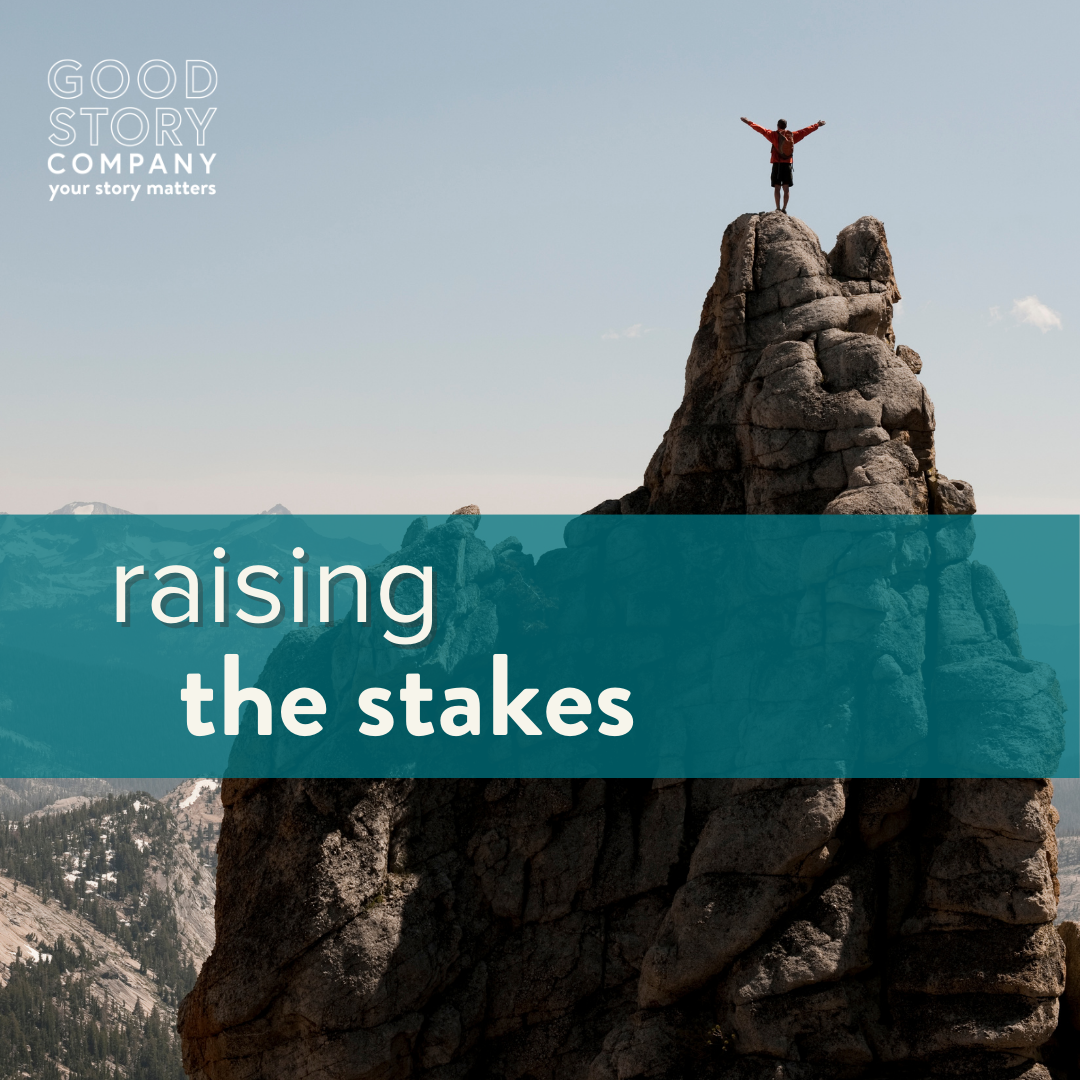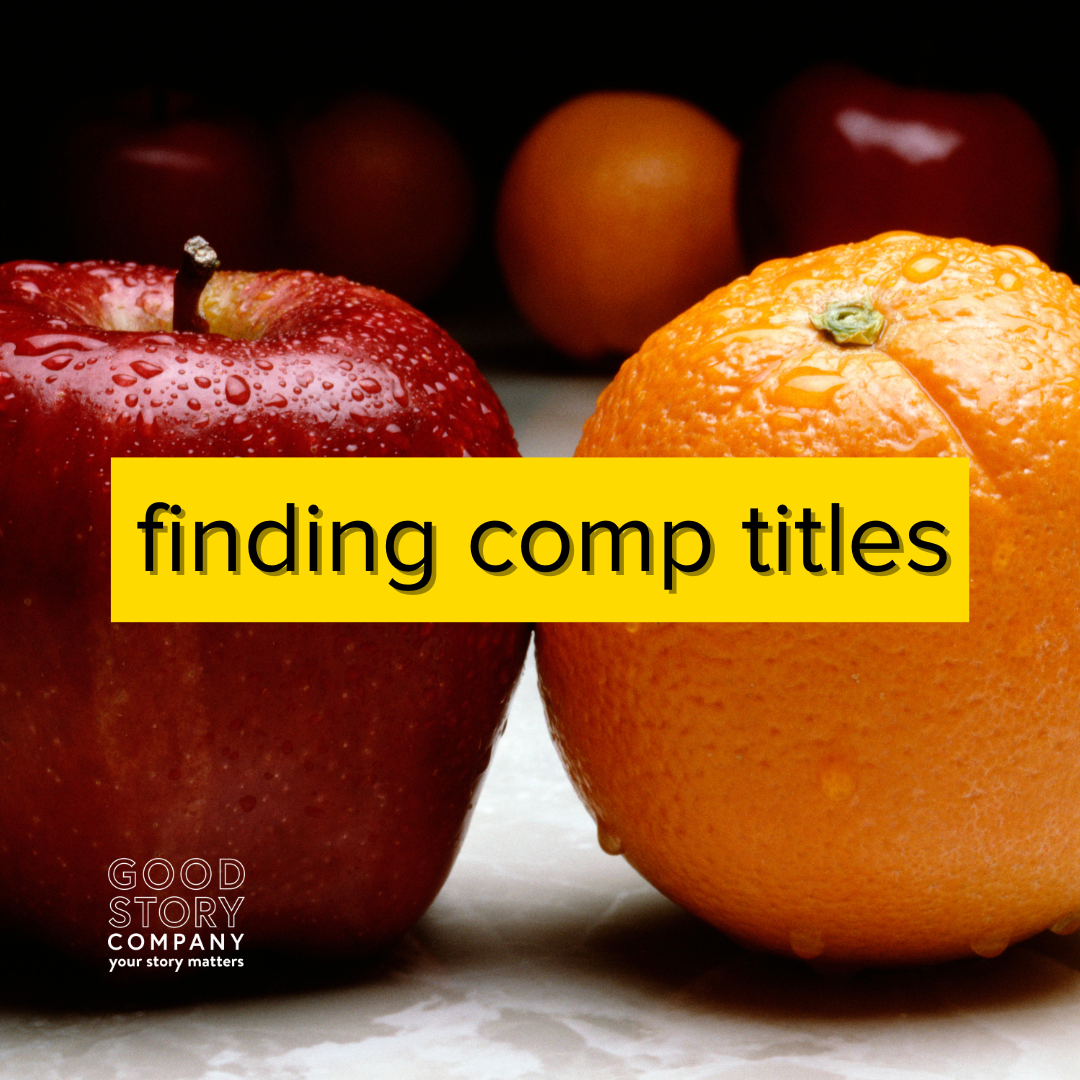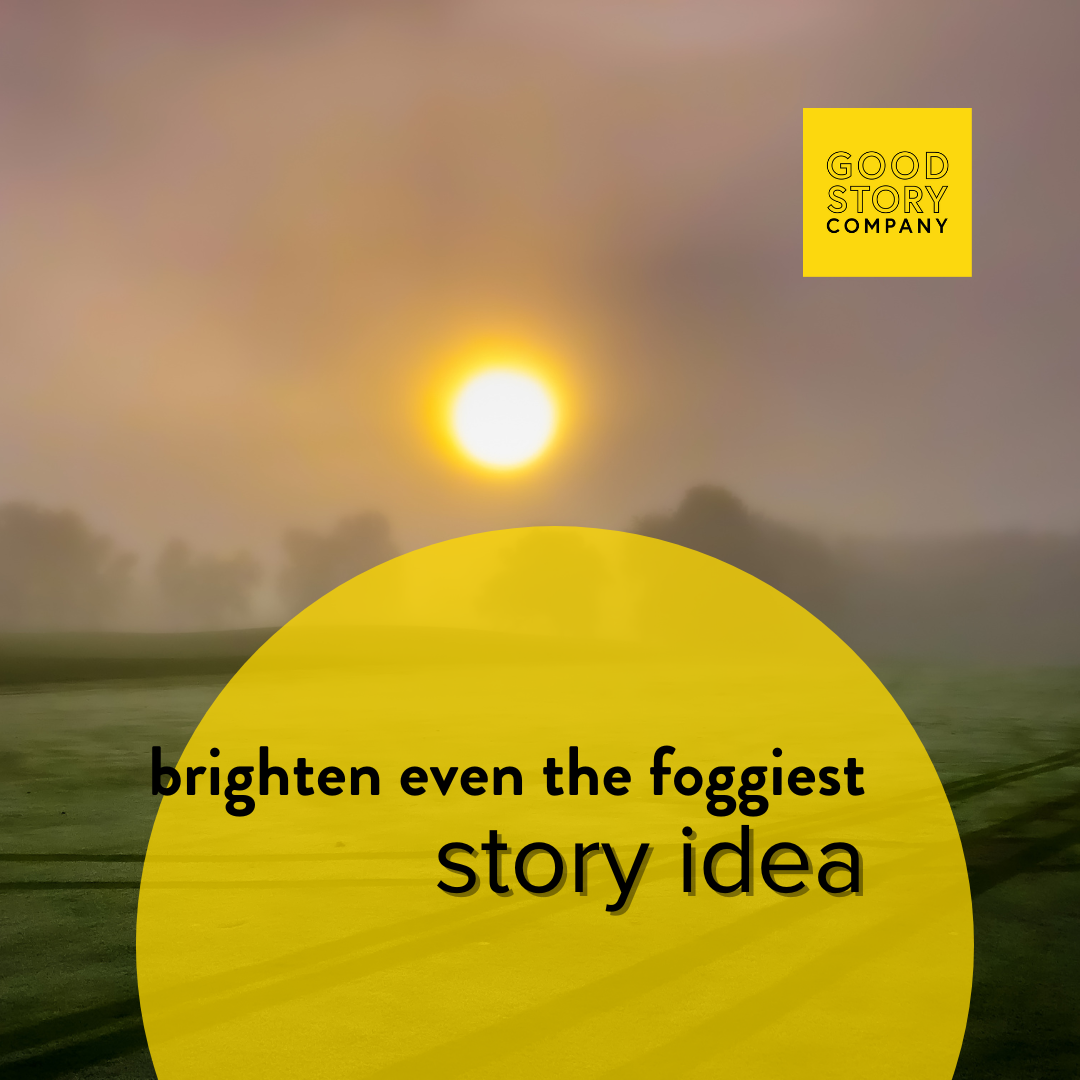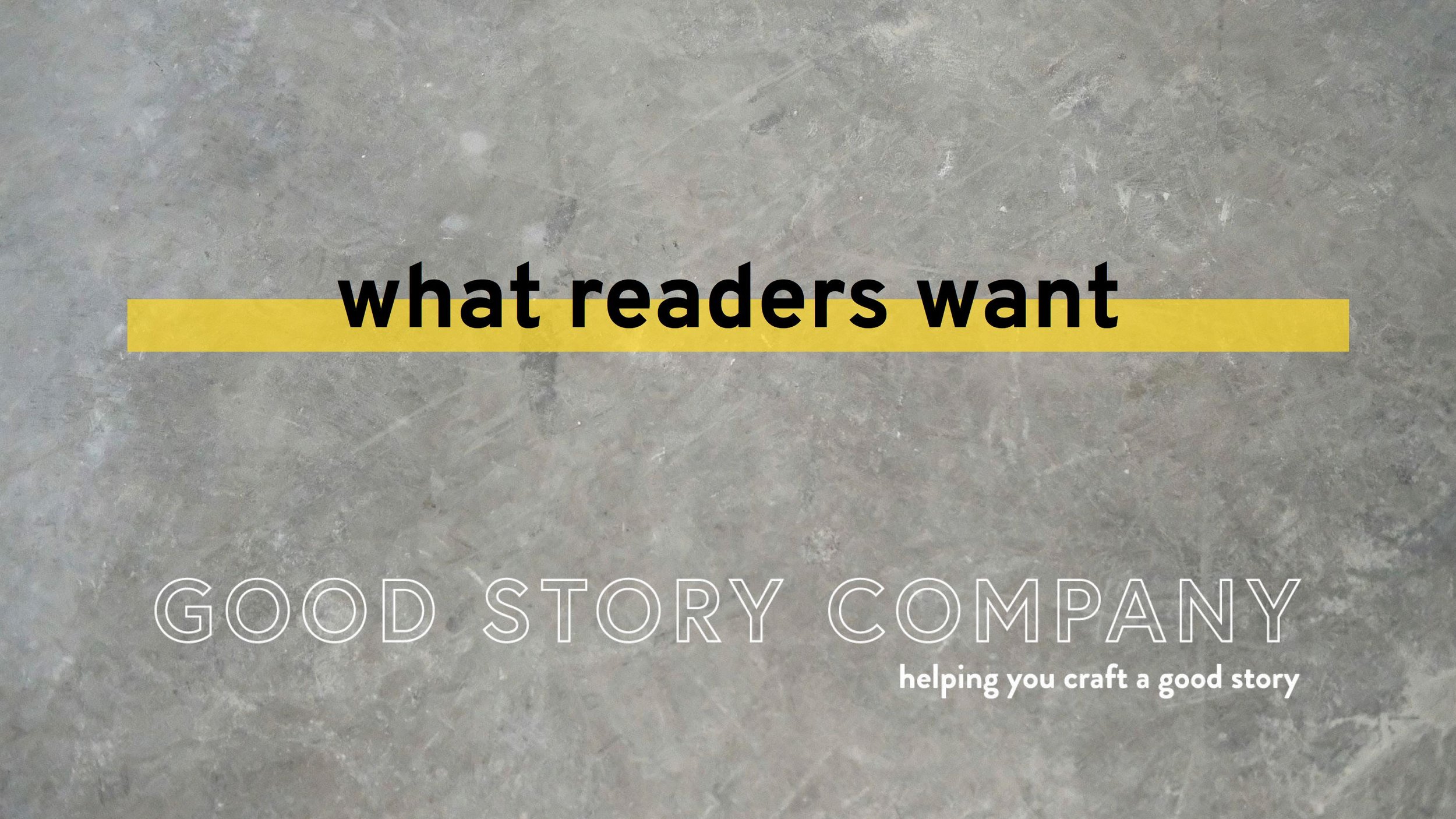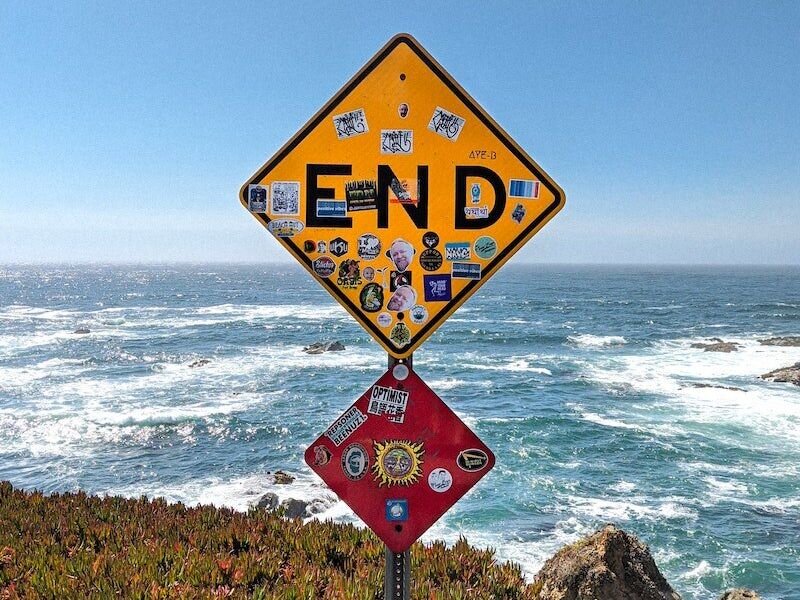
Presenting the Premise
A series of things happening doesn’t make a story. Without a clear premise, readers have no idea what to expect from the story or why they should keep reading. Here's how to establish your premise from the start.
How to Cure Writer's Block
Regardless of who I’m talking to—an audience of kid readers, or a group of teachers at a workshop, the most common question I receive is: how to cure writer’s block?
Writing Flashbacks
Writers are often cautioned away from flashbacks, but they can connect the dots between the past and who the characters are now. Read on for tips on writing flashbacks that function well.
How to Write the Beginning of a Novel
The beginning of your story sets the foundation from which the plot will unfold. This foundation creates impact with the developments and conflicts that make up your narrative. If you need help with how to write the beginning of a novel, consider these three elements.
The Difference Between Editing and Revising
There’s an important difference between editing and revising, although writers tend to use “editing” and “revising” as interchangeable terms to mean anything other than drafting. You’ll need to do both, so it’s helpful to understand the difference.
Premise Vs Plot
The concept of premise vs. plot is a common stumbling block for many writers. They’ll think they have a killer idea for a manuscript lined up, but when they sit down to write, the energy fizzles out partway through. Why isn’t a great idea enough?
I Got a Full Manuscript Request! Now What?
You got a full manuscript request. Cue the panic. Now, how should you polish an entire novel or memoir for submission so every page sings—without wanting to gouge out your eyeballs? Follow these ten steps!
40 GOOD IDEAS FOR BOOKS to Get You Inspired
Uncap those pens, pop open those PCs, and crack your knuckles. It’s time to dive into good ideas for books, and how to brainstorm. Good Story Company is here to help you stay inspired with our quirky list of good ideas for books.
Writing Female Characters
Writing female characters can be harder than you expect, as a writer, but it’s important to get right. There are some blind spots that many of us—men and women alike—have when it comes to crafting compelling female characters.
Who Is My Target Audience?
Thinking about a “target audience” can sound cold and impersonal, especially for writers who are pouring their hearts into a manuscript. After all, it’s not like we’re lining readers up, eyeing the red circles painted on their torsos, and lobbing our books at them. Or are we?
Raising the Stakes
Raising the stakes is a great way to sew tension in your story, and fear of failure is something everyone can relate to. The constant battle between running toward the goal while running away from the alternative will keep readers engaged and invested in your characters. Know how to identify your stakes and when to make them bigger.
Episode 7: Jessica Brody, Author and Writing Teacher
An interview with author and writing teacher Jessica Brody, where we discuss what makes a compelling story, how to apply story structure whether you're a plotter or pantser, and tackling large-scale revisions without ripping your hair out.
Help! I’m Stuck in the Muddy Middle!
Most times we can see where our story begins and where it ends, but it’s the muddy middle where we get stuck and face writer’s block. Here are some tips to get you out of the sludge and moving again.
Finding Comp Titles
Coming up with the dreaded comp titles for your query letter or elevator pitch doesn’t have to be a chore. Here’s why you need them and how to make looking for them (a little) more fun.
The End of Camp NaNoWriMo: What to Do with Your Complete Manuscript
Now that you have a complete manuscript, you have some exciting decisions to make about what you want to do next. Whether Camp NaNoWriMo was a fun personal project or your first step on the path to publication, now is a great time to use your momentum to take your writing to new heights.
Brighten Even The Foggiest Story Idea
Story ideas don’t always come easily, but sometimes we get glimmers that turn into a list of foggy ideas. How do we decide which new idea to run with? And how do we take steps to make it shine?
How to Write a Good Ending
This video is all about how to write a good ending to a story. Whether you are looking to be traditionally published or are writing picture books, the main key to writing a good ending is to be familiar with what your audience wants. We’ve also got you covered on writing endings for various genres—from romance to fantasy.
The Importance of a Nuanced Character Arc
Few of us change overnight. We might wake up one morning and realize we’ve changed, but when we look back we can see it was the result of a million little things, day after day, that brought us to our current state. How do we build a character arc like this—showing gradual, compelling, believable change?
What Readers Want
A short, information-packed writing class on what readers want. It's simple. By thinking about what readers want from their stories, writers can harness the power of reader emotion to write amazing stories, novels, screenplays, picture books, poems, and more.
How To End A Novel
Your ending will make a lasting impression – one readers will carry with them after they put the book down. Here are some tips for writing an ending that will resonate with readers and get them excited for whatever you write next.

